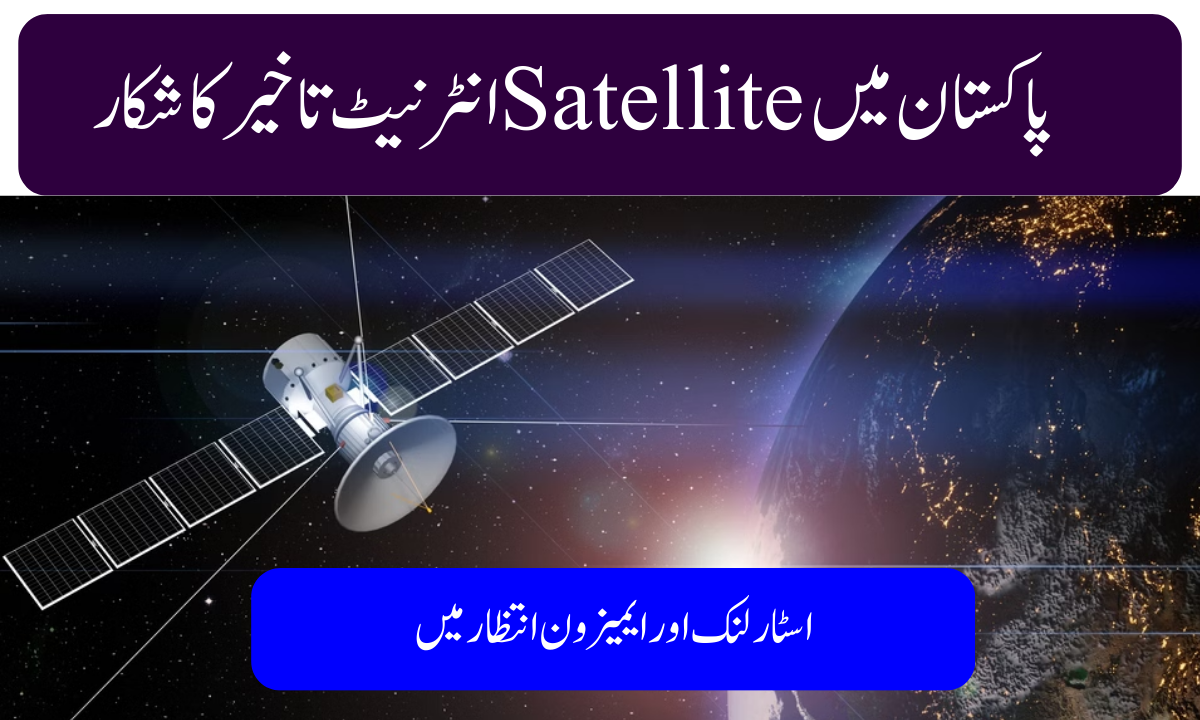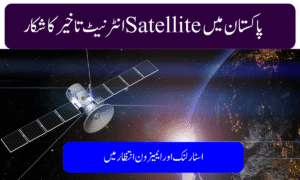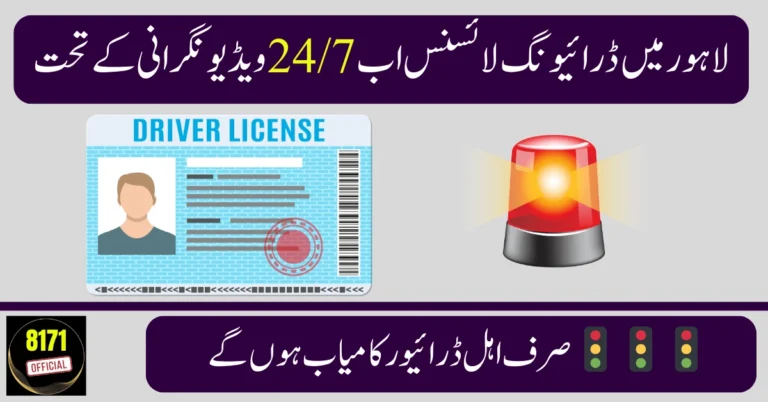Islamabad – September 2025: Despite massive interest from global tech giants like Starlink, Amazon’s Project Kuiper, OneWeb (Eutelsat Group), Telesat, and SpaceCell (SSST), the launch of satellite internet in Pakistan remains stuck due to regulatory bottlenecks.
These companies are ready to invest millions of dollars to deliver high-speed broadband — especially in rural and underserved areas — but approvals are stalled.
🔑 What’s Causing the Delay?
-
The Pakistan Space Activities Regulatory Board (PSARB) has yet to finalize the licensing framework.
-
Stakeholder consultations are ongoing, but formal approvals remain pending.
-
The Ministry of IT and Telecom has limited control over the institutional deadlock.
📅 Threat to Digital Pakistan Vision
Federal IT Minister Shaza Fatima earlier promised that satellite internet services would begin by November–December 2025. But industry insiders now warn that unless regulations are finalized soon, the rollout could be pushed well beyond 2025.
This delay directly threatens the government’s “Digital Pakistan” vision, which relies heavily on:
-
Expanding nationwide digital connectivity
-
Attracting foreign investment
-
Reducing the digital divide between cities and rural areas
🌍 Why It Matters for Pakistan
-
Global Competition: Countries worldwide are racing to adopt satellite broadband; Pakistan risks falling behind.
-
Foreign Investment: Billions in potential investments could be delayed or diverted.
-
Rural Access: Millions in remote areas may remain without reliable internet.
🛰️ The Bigger Picture
Pakistan had shown strong progress with its National Space Policy (2023) and Space Activities Rules (2024), which created the PSARB. These were expected to open the door for private and international satellite operators.
But unless the bureaucracy clears the path, Pakistan could miss out on a digital revolution in connectivity led by companies like Starlink, Amazon Kuiper, and OneWeb.













